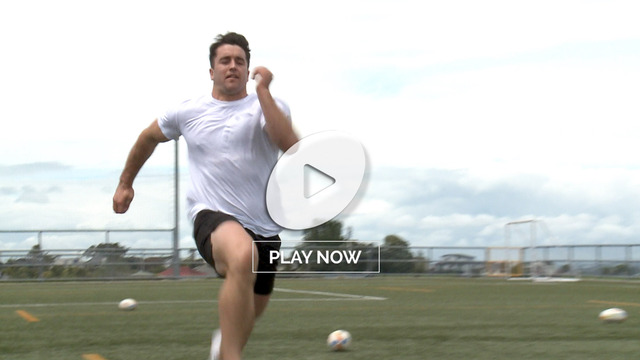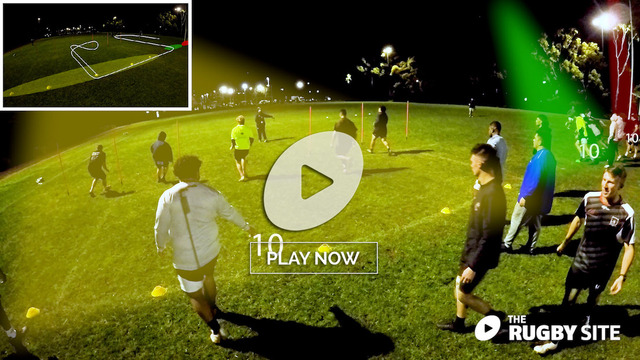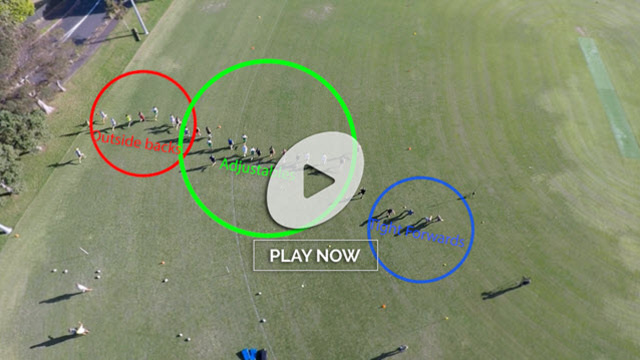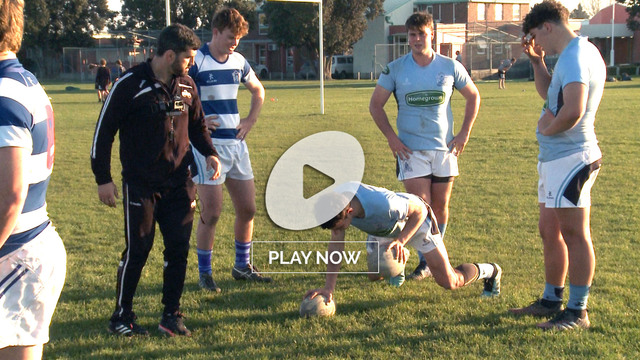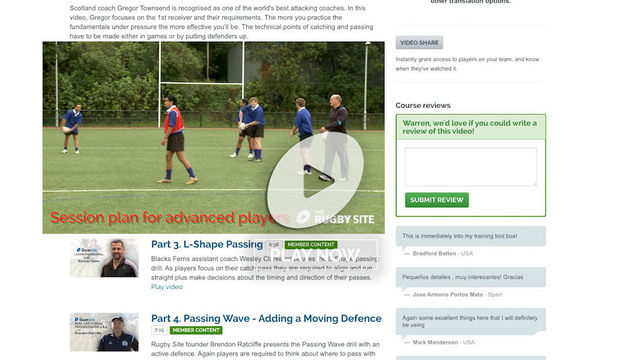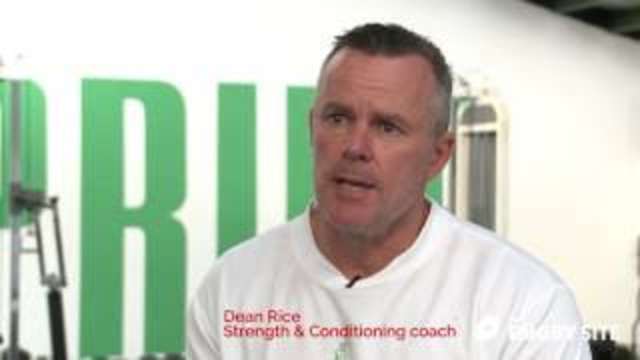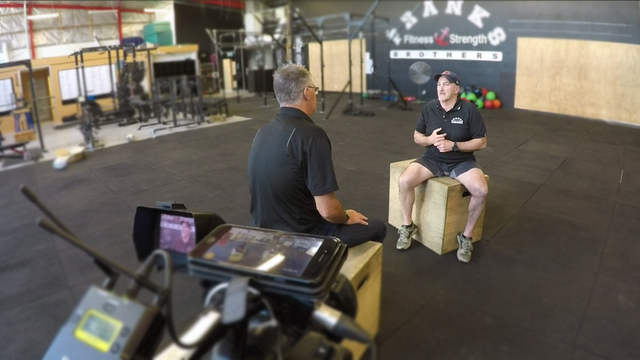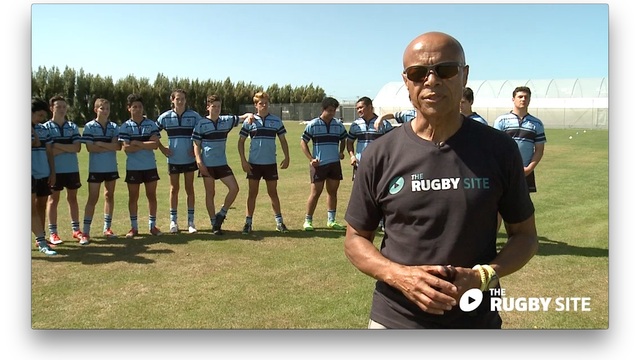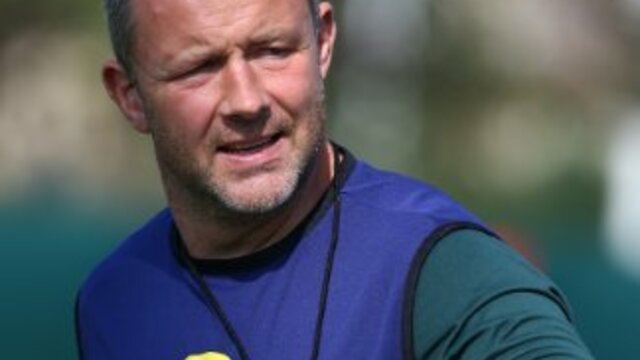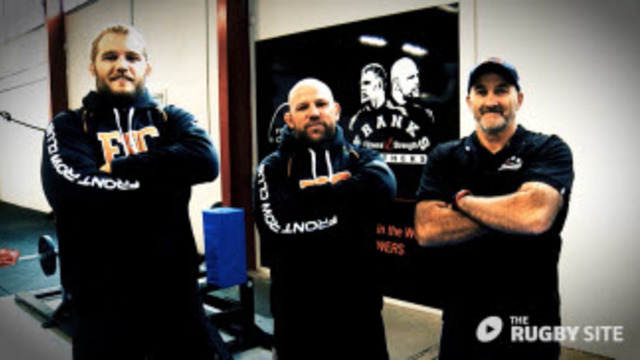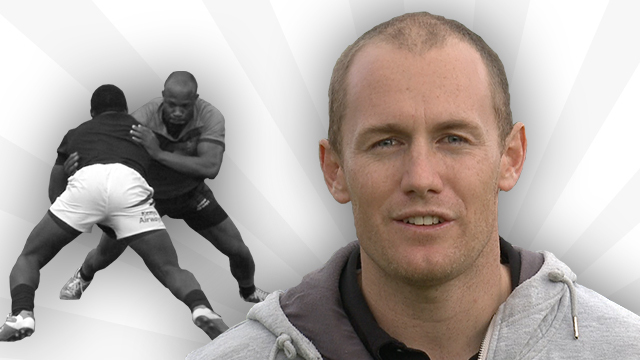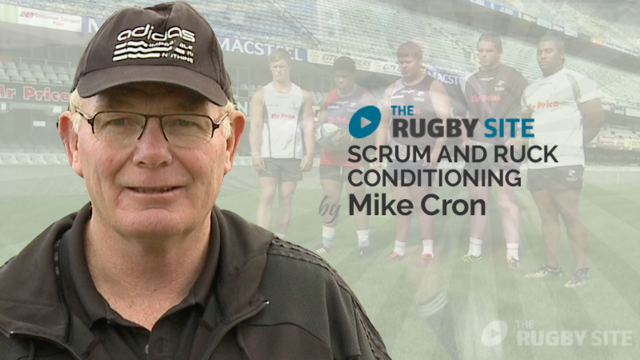Most sportspersons have to deal with injuries at some stage in their career. It doesn’t matter if you are a kid playing tennis or an All Black, sooner or later you will have to deal with a body breakdown. The most important bit of advice I can give you is: STAY POSITIVE.
It is so easy to worry about the injury hour by hour and day by day. You were limping on Monday, so how does the injury feel on Tuesday morning? The odds are that you won’t feel a lot of difference. Then you get depressed and frustrated. That’s a waste of energy. You need a positive time scale.
The stress fracture in my foot got a few column inches before and during the World Cup. I think if I had compared the swelling and the pain and the motion every 24 hours I would have gone nuts. So I concentrated on charting my progress solely on a weekly basis. That way I saw signs of improvement. That way I stayed positive.
My foot first felt a bit achy on New Zealand’s 2010 tour, but I didn’t think too much about it. The amount professional athletes exercise and compete means that aches and pains are normal. But in January 2011 I was doing some preseason fitness work – I was changing direction on a shuttle run when I felt a wee clunk in the foot. It was pretty sore.
An x-ray revealed a stress fracture. My first thought was: “Oh please, any other year but World Cup year in New Zealand.” But then you have to deal with the process. That first thought is a natural human reaction, but then you have to move on.
I had a choice – either I could put a moon boot on for six weeks and rest the foot or I could have an operation. The first option didn’t guarantee that I wouldn’t still need the op in six weeks and I couldn’t afford to lose that time. So I went for the big fix.
The first week after the op the foot was in plaster. I had to do nothing in order to manage the swelling. Then the moonboot went on. I could at least then sit on a seat and use a grinder. It’s not great cardio work, but it got a sweat up and made me feel better about things. Next it was onto upper body weights. You might feel stupid hopping about the gym, but accept that you are dependent on others for help. You have to manage your ego.
Once the wound was healed – on the 3-4 week mark – I could get in the pool. I did some aqua jogging with the belt on and some lengths for the cardio. I was surrounded by oldies, but I bet they felt better about themselves. That’s another positive.
A week later I could roll the legs over on the bike and then after six weeks I ran again for the first time and tried to set the world record for the world’s slowest 100 metres. The worst thing you could do is push your body too hard at this stage. This is recovery work not a full fitness session.
Sit down with a physio and work out a timeline. You need little goals or you will get frustrated. It was two months before I started training in rugby boots for the first time, but I knew progress would be slow. Just keep ticking boxes even if they are little ones.
It wasn’t all straightforward. I came back against the Chiefs from off the bench. It felt good, but I hadn’t got the right inserts in my boots and that set me back for a week. Then I got a head knock in Perth. I also needed a screw in the foot. I was starting to think I was cursed, but I resolved to stay positive. I told myself I was healing. And I was – it’s just hard to measure at times.
I came back for the semi-final of the Super XV and was fine until we played France in the pool stage of the World Cup. The foot was sore during the match and then it swelled up. I thought it had recovered after a few days, but it didn’t feel right at training. So I opted not to play against Canada.
But there was no way I was going to miss the Argentina quarter-final. People expected us to win, but I wasn’t taking any chances after the experience of 2007. Any knock-out match has the potential to be your last. Maybe I was taking a chance with my foot, but I had no choice.
I decided not to have another x-ray at this point. I was going to play whatever. Any bad news would just put doubt in your head. Obviously the World Cup created exceptional conditions and best practice is usually to find out what is wrong straight away. When I had the x-ray after the tournament it showed that the screw in my foot – necessary to stop the deterioration of the original injury – had caused a second fracture.
It did restrict my training, but some people think it could have helped my captaincy. Maybe. I really had to know what was going on as I wasn’t actively running through drills. I had to make a conscious effort to be on the job. With DC out, we also had a new pivot (or three) to work in.
People wonder if I had injections to dull the pain, but I didn’t have any of that. It’s not a good idea. I took panadol and voltarin, but not to the point that I rattled about. I managed them with food two days before the game. They are wonderful things, but you have to be careful.
It’s easy to tell you not to get frustrated. It’s not so easy to do. I got frustrated at times. We all get frustrated. But have a plan. Work from week to week and not from day to day. That way you can manage your body as well as your mind. And hopefully it will lead to a quicker recovery.

